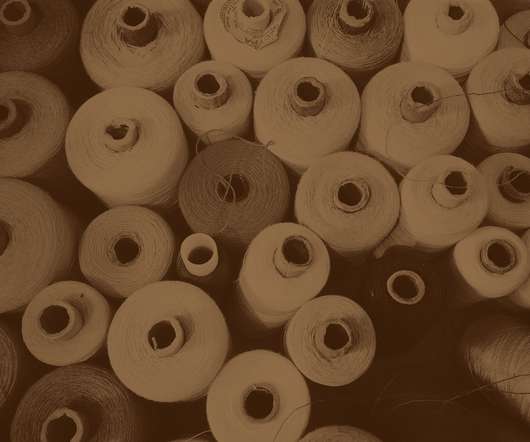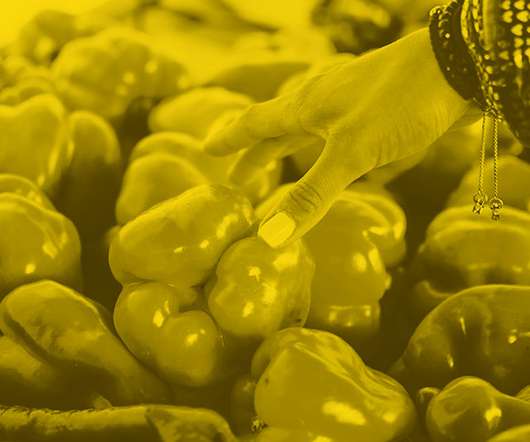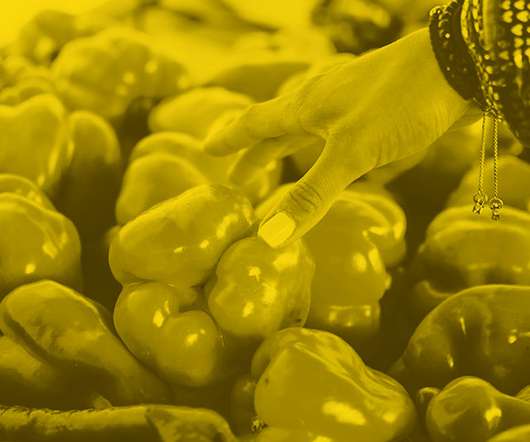PANGEA Movement’s Eco-jacket uses 100% recycled materials
AGreenLiving
NOVEMBER 22, 2021
It is a company with a focus on green design products and a dedication to using proceeds from sales to rid the Earth’s waterways of plastic and other pollution. Related: Adidas 100% recycled jacket is solving plastic pollution PANGEA’s Eco-Jacket is made from 100% recycled materials. See the original post:Â .















Let's personalize your content